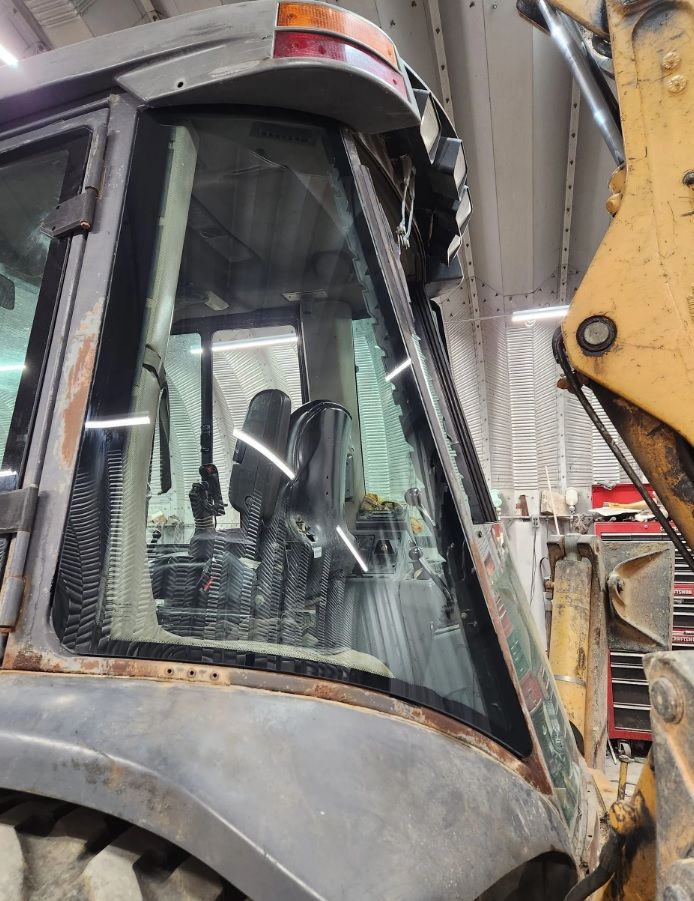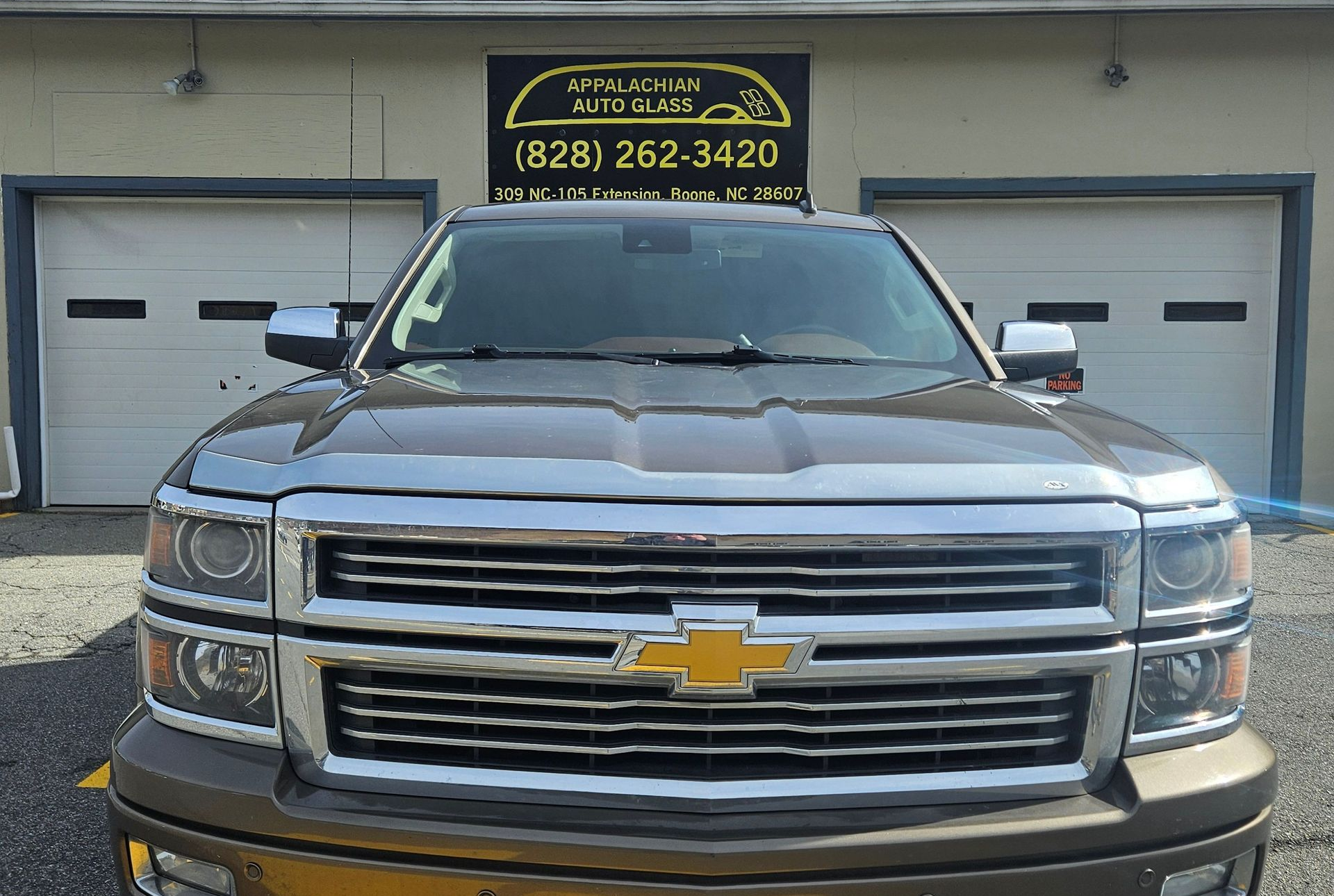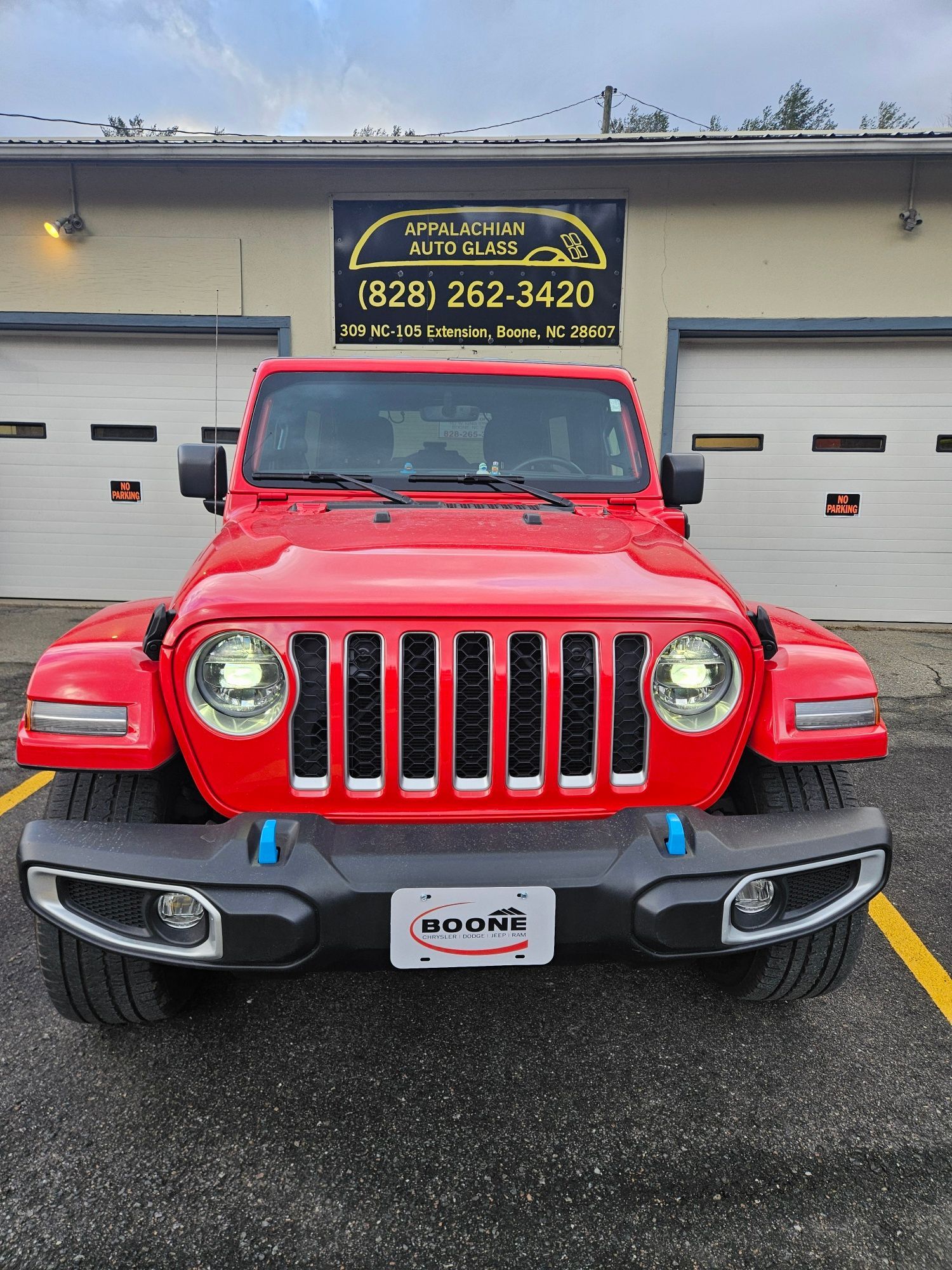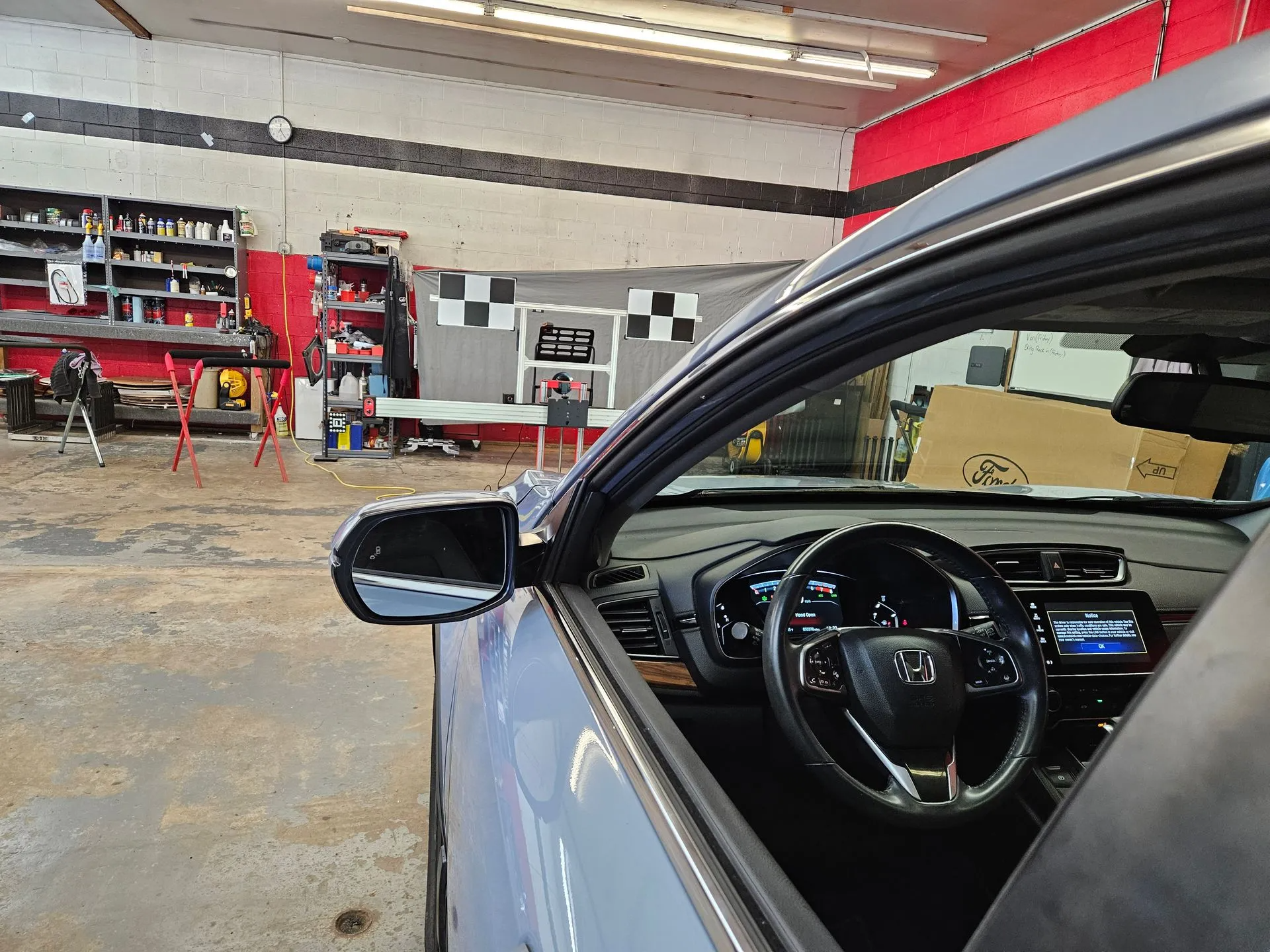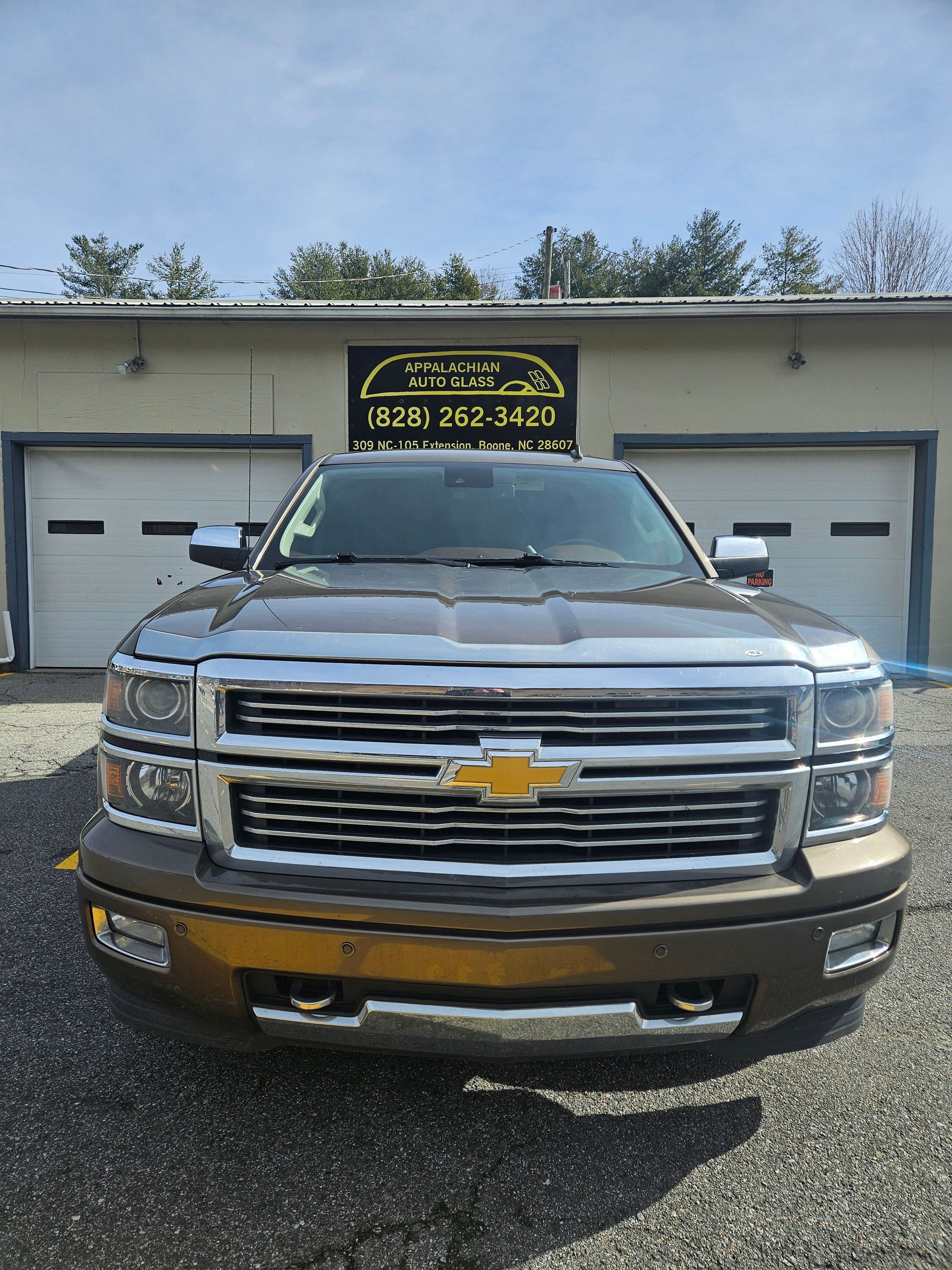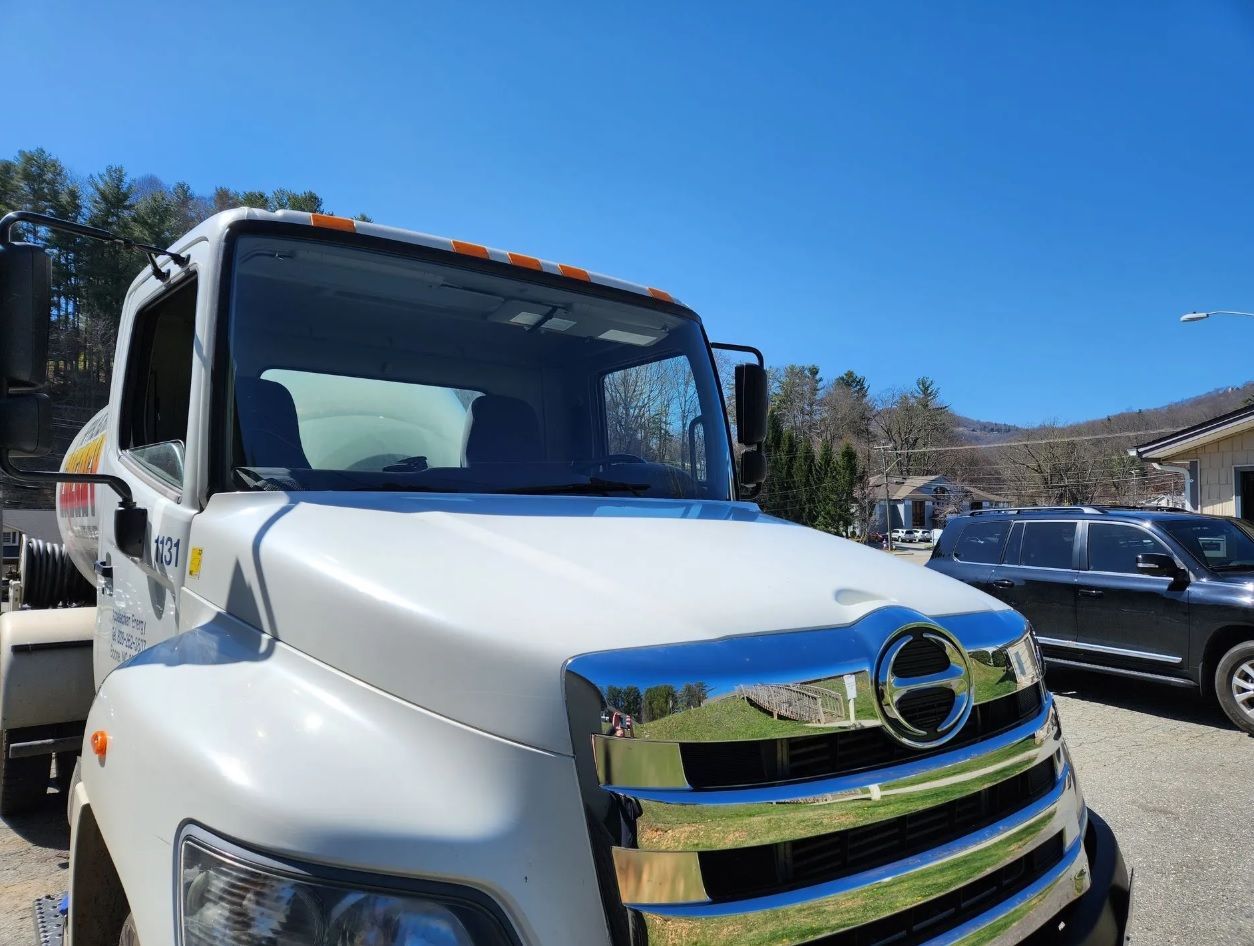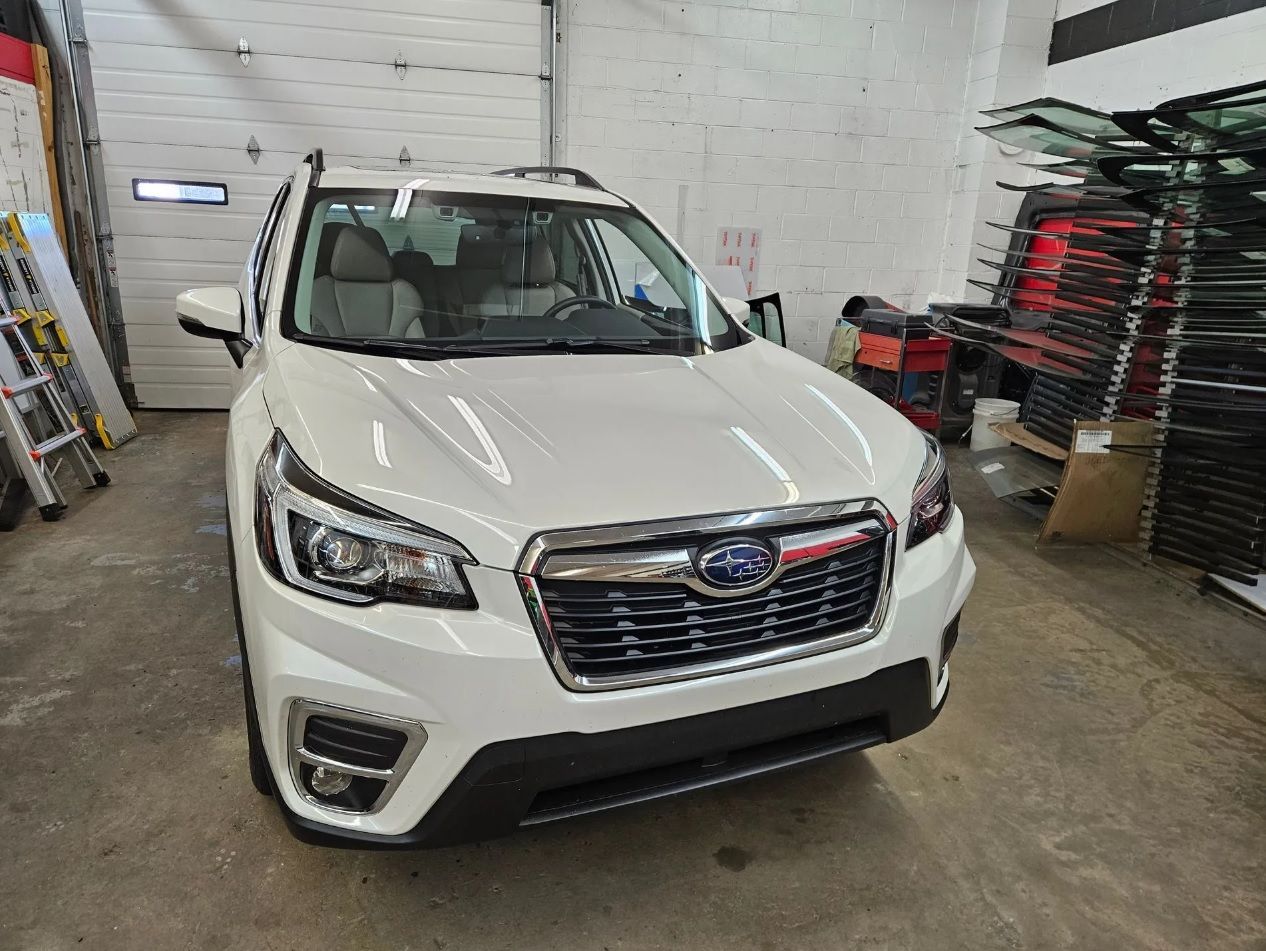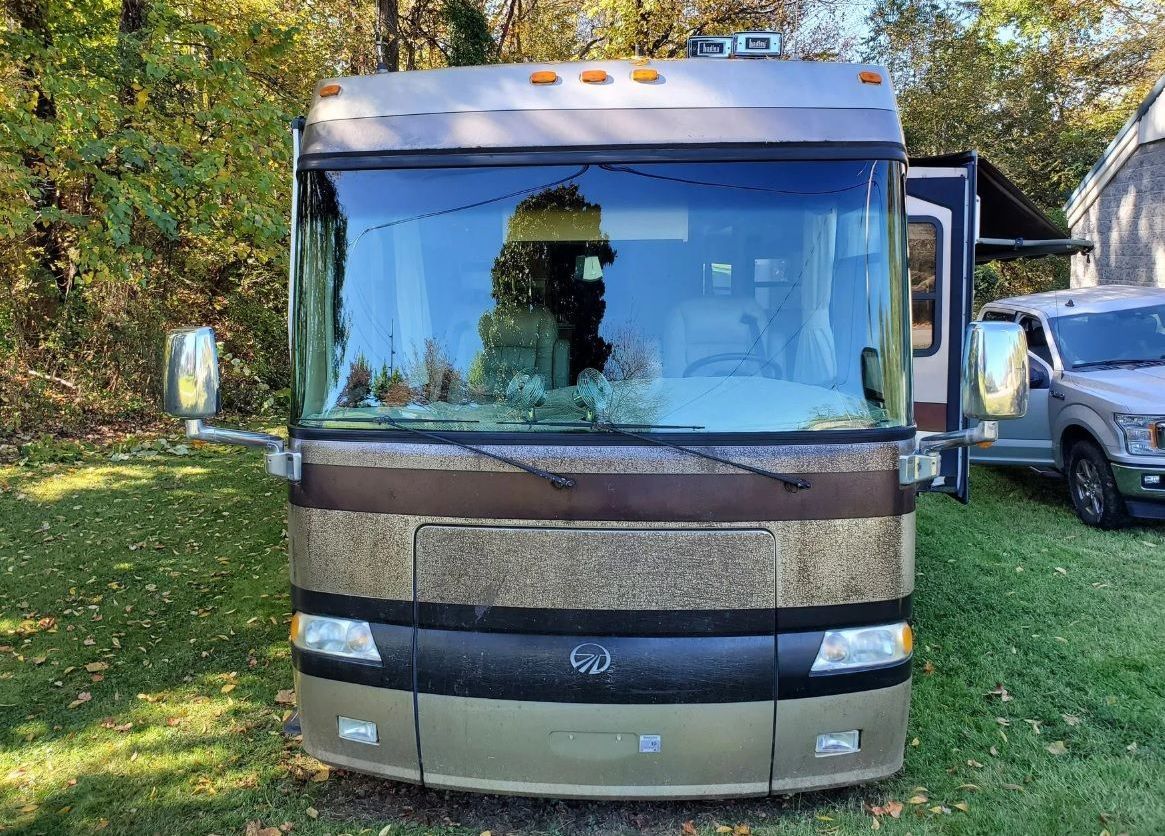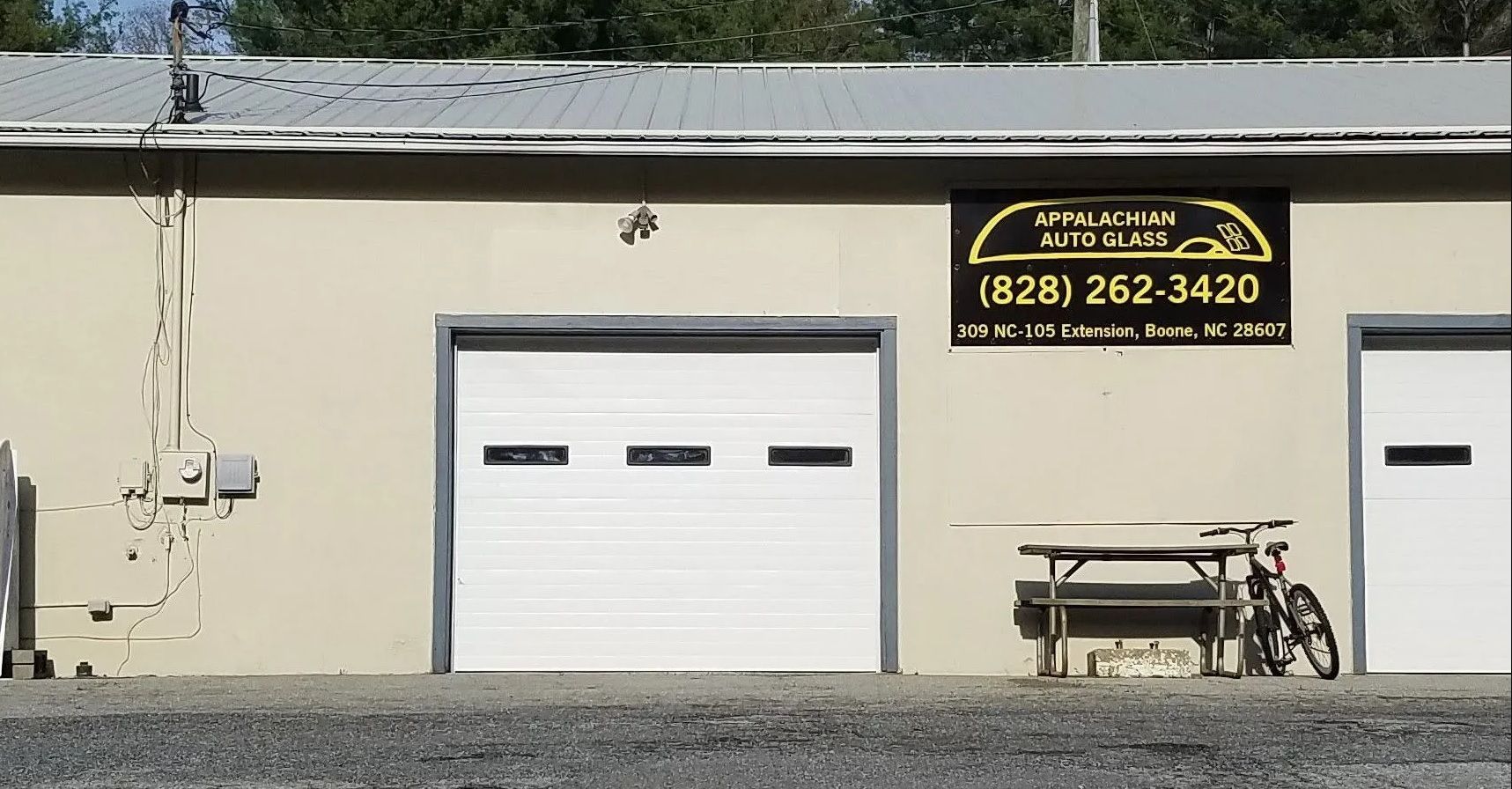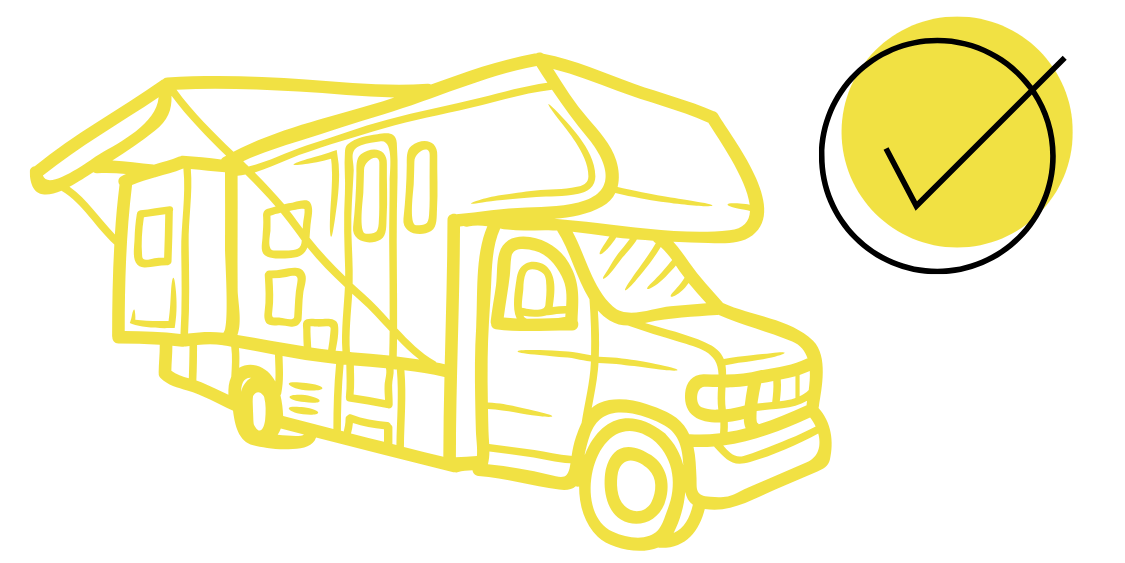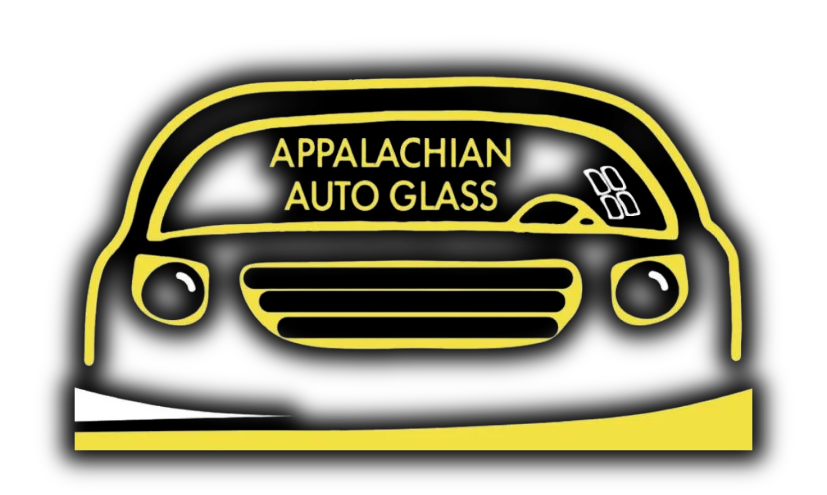Tips for Protecting Your Heavy Equipment Glass from Jobsite Damage
How to Protect Heavy Equipment Glass from Jobsite Hazards
Heavy equipment is the backbone of any construction, mining, or industrial site. From cranes and excavators to bulldozers and loaders, these machines perform critical tasks that keep projects moving forward. However, one of the often-overlooked vulnerabilities of heavy equipment is its glass components, such as windshields, windows, and other transparent panels. The glass can sustain constant damage if it isn’t adequately protected. Damage to heavy equipment glass not only leads to expensive repairs but can also cause significant downtime, delaying project timelines. In this blog, we provide essential tips for protecting your heavy equipment glass from jobsite damage.
1. Use Protective Films and Laminates
Applying specialized protective films or laminates to glass surfaces is one of the most effective ways to shield them from impacts and scratches. These films act as a barrier against flying debris, stones, and other jobsite hazards. Modern security films are designed to absorb impact, minimizing the risk of cracks or shattering. They are easy to install and can be replaced if damaged, providing ongoing protection without the need for costly glass replacements.
2. Implement Debris Shields and Barriers
Installing physical barriers, such as debris shields, chain-link fences, or custom partitions around equipment, can significantly reduce the exposure of glass surfaces to flying debris. Positioning barriers strategically around excavations, loading zones, and other high-impact areas can deflect or stop projectiles before they reach the glass. This simple yet effective measure is critical in high-traffic or debris-heavy zones.
3. Practice Proper Equipment Handling and Storage
Proper handling and storage of heavy equipment when not in use can prevent accidental damage. Covering equipment when parked, especially overnight, provides an additional layer of protection against weather-related hazards, such as hail or falling branches that could break glass. When moving equipment on site, ensure that all glass components are secure, and avoid unnecessary contact with other machinery or structures that could cause impact damage.
4. Schedule Regular Inspections and Maintenance
Regular visual inspections of glass components are crucial. Look for cracks, chips, or loose fittings that could worsen over time. Addressing minor damage can prevent it from escalating into complete glass failure. Maintenance should also include checking seals and mounting brackets to ensure the glass remains secure, reducing the risk of rattling or vibrational stress that can lead to fractures.
5. Train Employees on Glass Safety Protocols
Educating your crew on the importance of glass protection and safe handling procedures is vital. Workers should be aware of how to avoid accidental impacts, handle equipment with care, and report any damage promptly. Providing training sessions and clear signage can reinforce these safety practices, fostering a culture of care and responsibility around heavy equipment.
6. Consider Impact-Resistant Glass Options
Where feasible, upgrading to impact-resistant or laminated glass can provide long-term benefits. These specialized glasses are designed to withstand harsher conditions and impacts better than standard glass. Although they might come at a higher initial cost, their durability often results in reduced repair and replacement expenses over time, making them a worthwhile investment in high-risk environments.
7. Monitor and Limit Access
Control access to equipment, especially in busy or hazardous areas. Limiting the number of personnel who can operate or move around the machinery reduces the risk of accidental bumps or intentional vandalism. Use signage, barriers, and designated walkways to guide personnel and keep dangerous activities away from vulnerable glass surfaces.
Why Should I Protect My Heavy Equipment Glass?
Protecting heavy equipment glass from jobsite damage requires a combination of proactive measures, regular maintenance, and employee awareness. By implementing these tips—such as applying protective films, installing barriers, and choosing impact-resistant glass—you can significantly extend the lifespan of your equipment’s windows and windshields.
Do You Manage Heavy Equipment in the Boone, NC Area?
If you operate or manage heavy equipment in Boone, NC, Mountain City, or Butler, TN, and it needs a glass inspection—or if you would like to learn more about how to protect it while on the jobsite—contact us at Appalachian Auto Glass. We’ve been serving the High Country since 1986.
